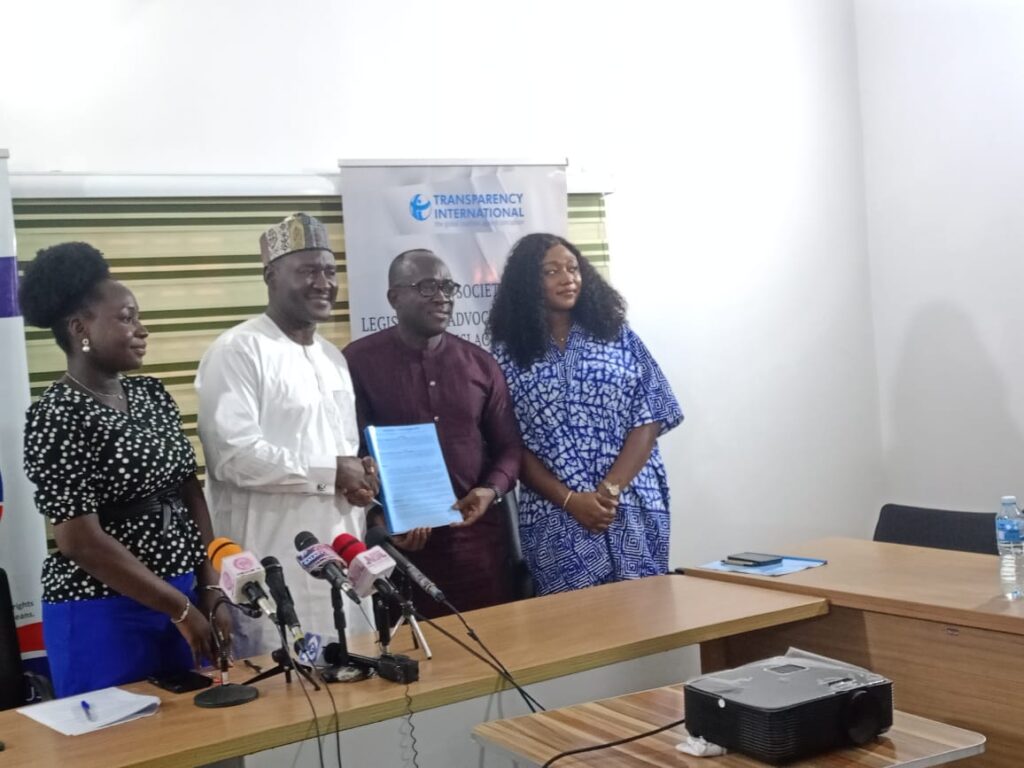The Nigeria Employers’ Consultative Association (NECA) and the Civil Society Legislative Advocacy Centre (CISLAC) on Tuesday signed a Memorandum of Understanding (MoU) to promote policies that enhance social protection, safeguard workers’ rights, and boost productivity.
Speaking at the signing ceremony in Abuja, NECA’s Director-General, Adewale-Smatt Oyerinde, said the partnership was aimed at joint advocacy to tackle Nigeria’s pressing economic and social challenges.
He noted that NECA and CISLAC share values that make it possible to align their research capacity, advocacy strengths, and networks to amplify their impact on national development.
“No business thrives in an unstable or less transparent environment. Just as citizens deserve good governance, so too does enterprise. Our shared goals of a transparent, predictable, and fair Nigeria economically, socially, and industrially are inseparable,” Oyerinde said.
He explained that the collaboration would focus on influencing public policy to support economic growth and social welfare, promoting responsible business conduct, removing bottlenecks to ease of doing business, pushing for a fair tax system, ensuring labour rights and decent work conditions, advancing climate-friendly initiatives, and promoting gender equality.
“This partnership is a clear demonstration that progress is best achieved through collaboration, not division. When the private sector and civil society work as allies, we can drive meaningful, lasting transformation,” he added.
On his part, CISLAC Executive Director, Auwal Musa Rafsanjani, described the MoU as a joint declaration that the dignity of labour and the productivity of Nigeria’s workforce must be guaranteed.
“For decades, Nigerian workers have borne the burden of our nation’s growth, teachers shaping future leaders, health workers on the frontlines, farmers feeding our people, and countless others whose resilience sustains the economy. Yet, too often, their sacrifices have been undervalued,” Rafsanjani said.
He stressed that the partnership was proof that employers and civil society could find common ground, adding that a confident, motivated workforce is the greatest asset any enterprise can have.
“Through this MoU, we vow to amplify the voice of the Nigerian worker, push for policies that ensure social protection, and create platforms where workers and employers engage constructively for national development. Work is not just a means of survival; it is dignity, justice, and hope. When we empower the worker, we empower the employer. When we empower both, we empower Nigeria,” Rafsanjani declared.















